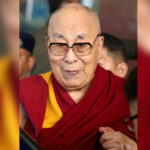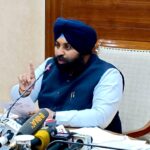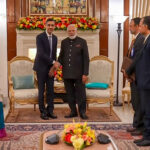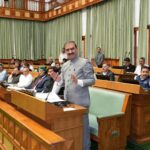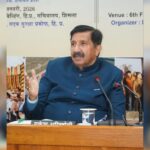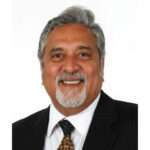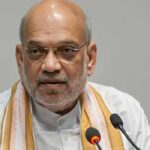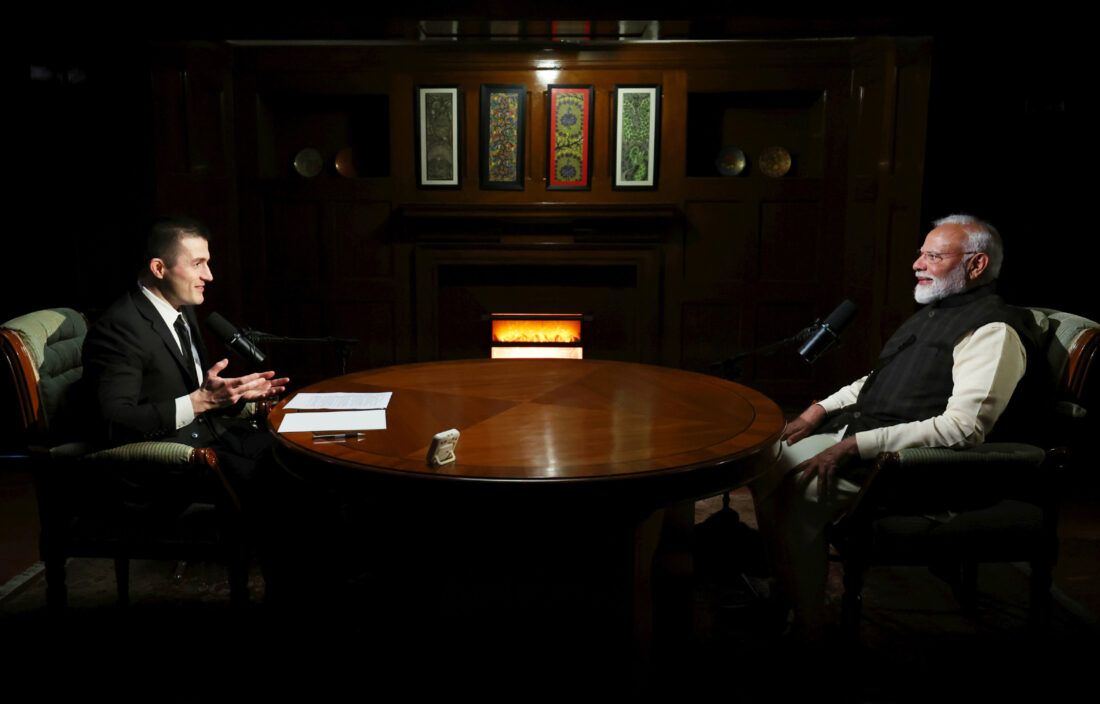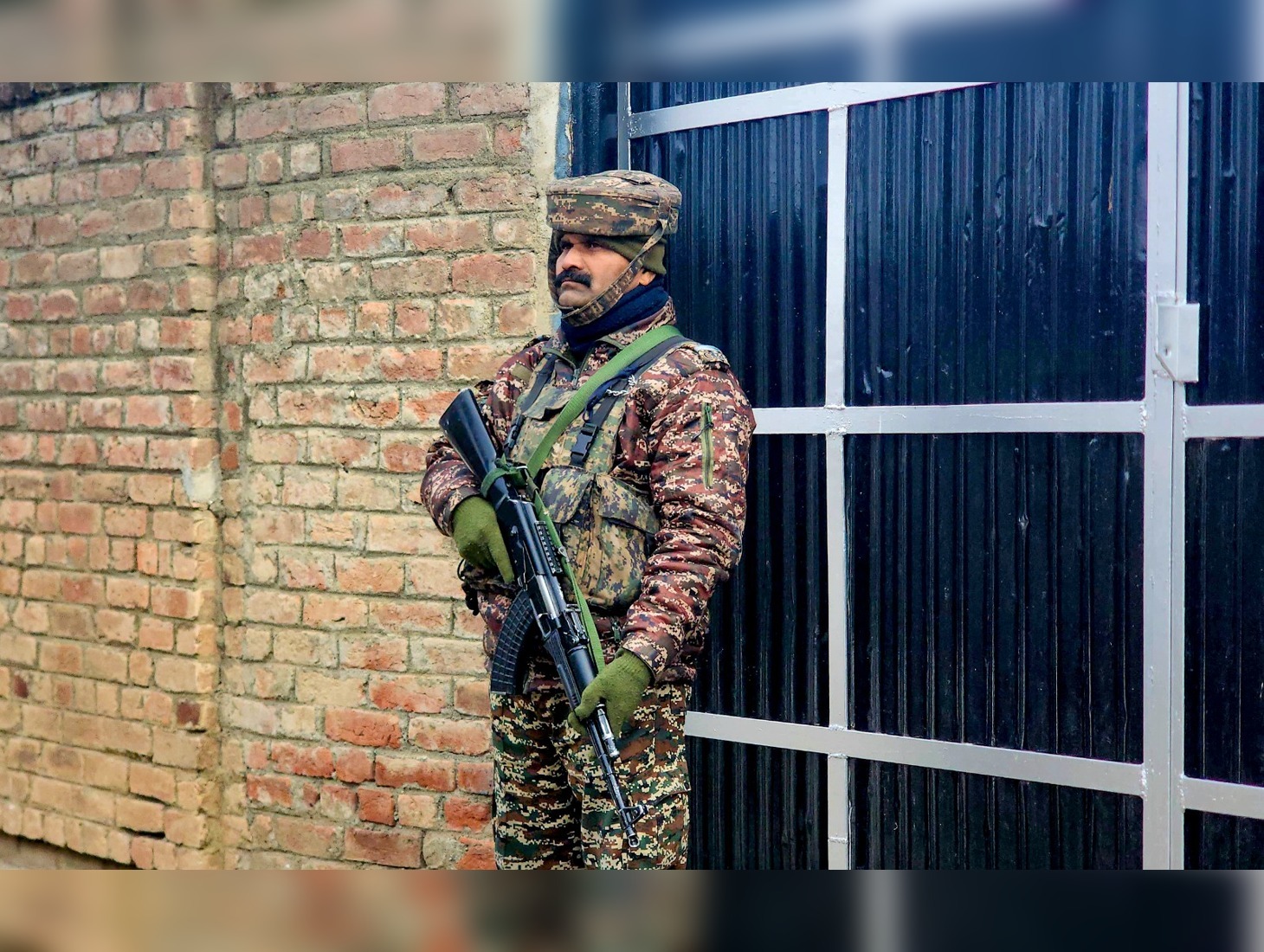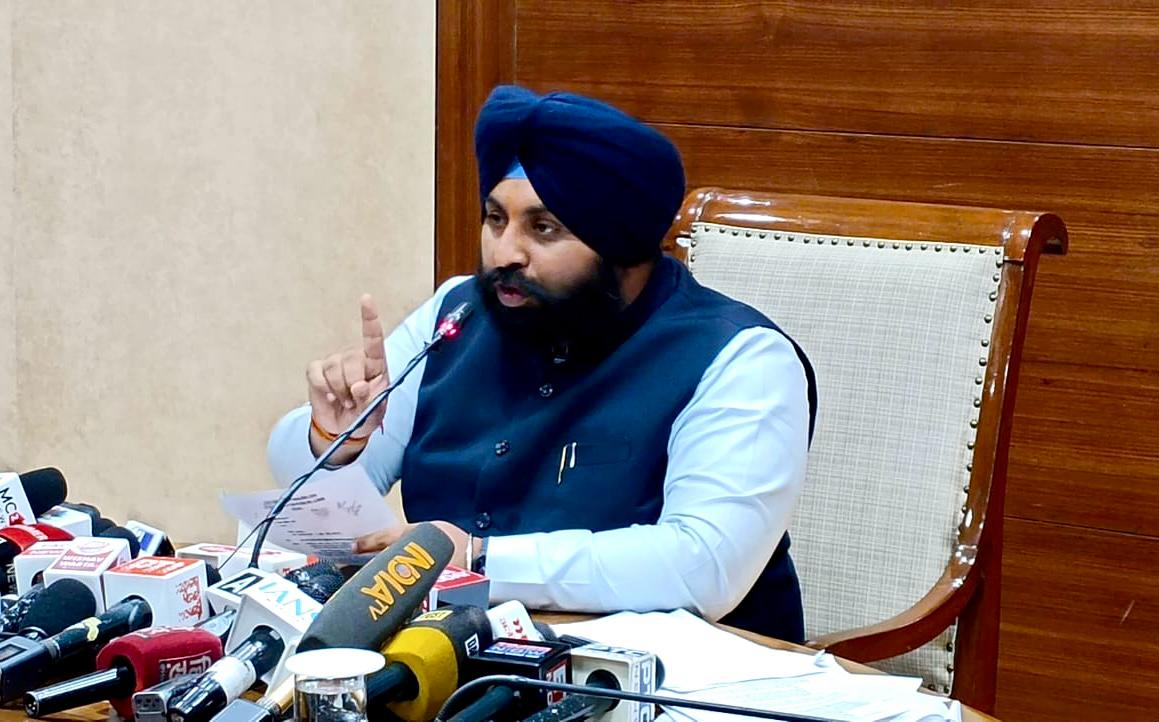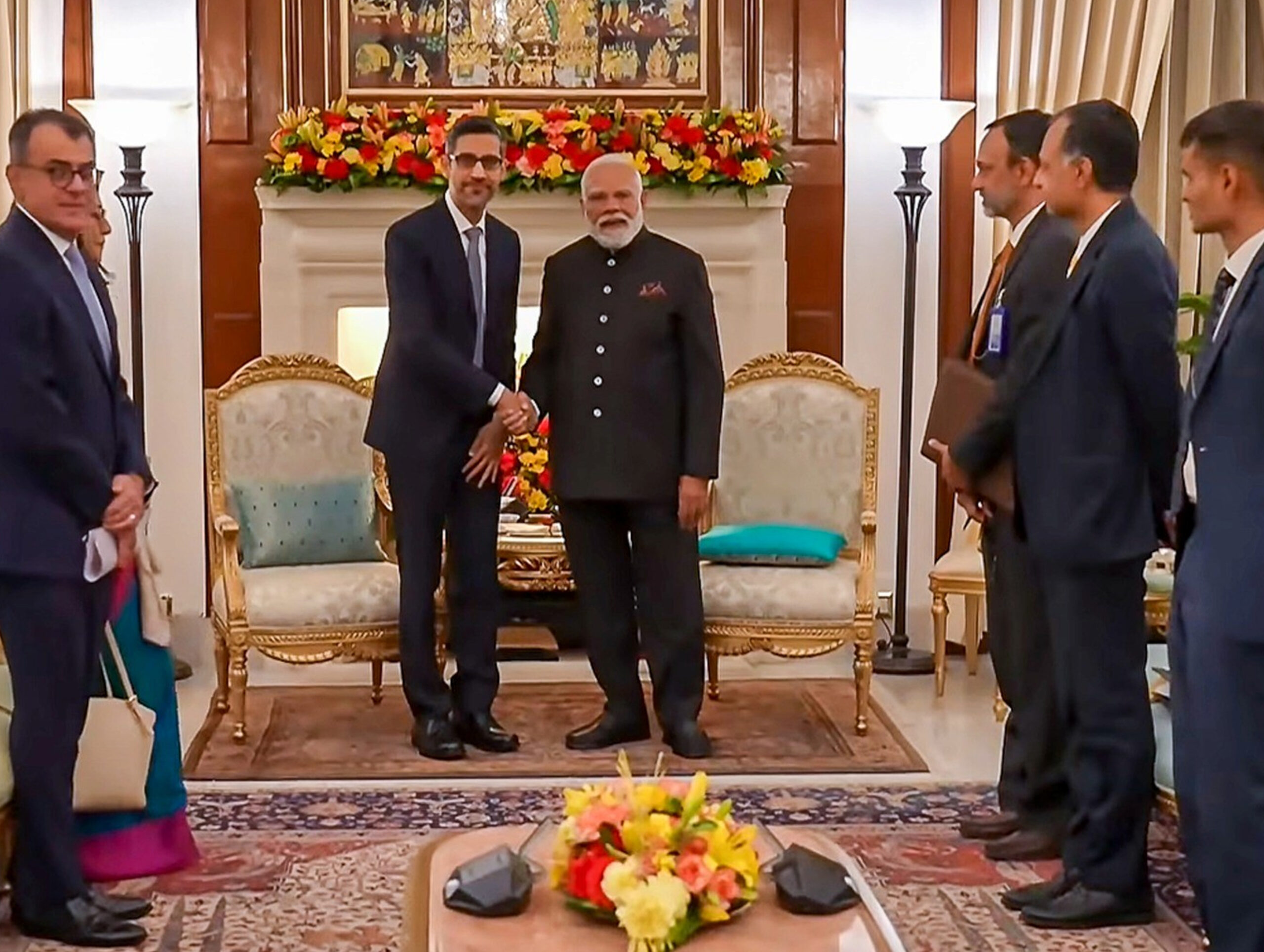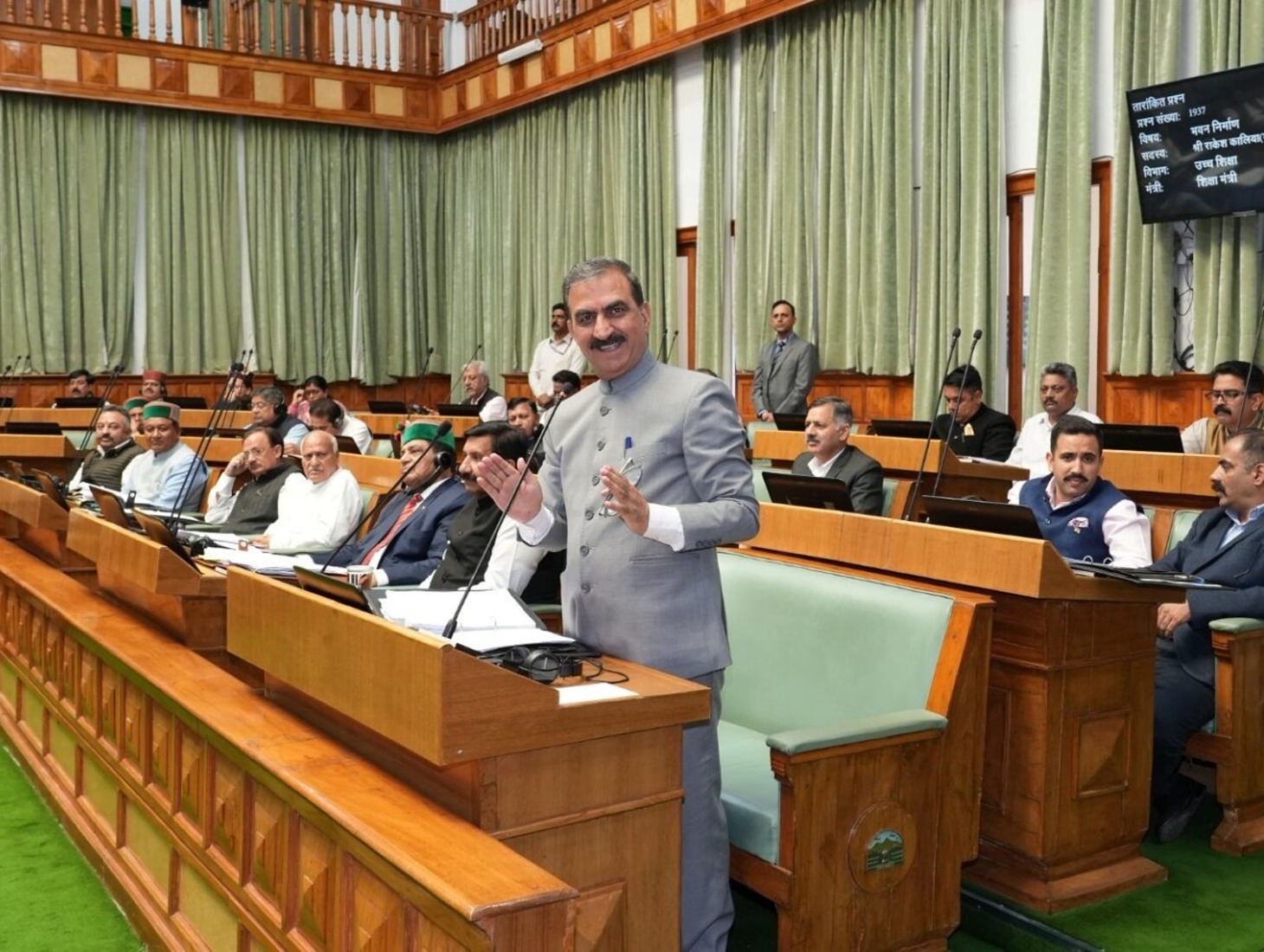The North News
New Delhi, March 17
Prime Minister Narendra Modi has stressed the importance of stability in India-China relations, acknowledging historical ties while underscoring the need for dialogue. He emphasized that cooperation between India and China is essential for global stability and prosperity, advocating for healthy competition rather than conflict. During a wide-ranging podcast conversation with Lex Fridman, Prime Minister Narendra Modi highlighted centuries of cultural exchange between India and China, including the spread of Buddhism.
He noted that the two nations once contributed to over half of global GDP. Acknowledging border tensions since 2020, Modi remained optimistic, citing recent discussions with Chinese President Xi Jinping as a step toward normalization. “Differences between neighbours are natural, but they must not escalate into disputes,” he emphasized, advocating dialogue and cooperation over conflict.
Calls for reform and peace
Discussing global tensions, PM Modi highlighted the fractures in the international system exposed by COVID-19, criticizing the United Nations’ inability to enforce international law. “Expansionism has no place in an interconnected world,” he said, urging a shift from conflict to cooperation.
Gujarat riots: Defending his record
On the 2002 Gujarat riots, Modi maintained that the judiciary had cleared him of wrongdoing, asserting that his leadership brought peace to the state. “Gujarat had a history of communal violence before I became Chief Minister. The state has been peaceful for 22 years now,” he said. He also distinguished between constructive criticism and baseless allegations, lamenting the latter’s role in political discourse.
The role of media and governance
Reflecting on journalism, Modi likened it to a bee that should collect nectar—truth—while reserving its sting for genuine accountability. He underscored his commitment to inclusive governance, stating that policies should transcend caste, creed, and ideology. “Our governance is rooted in the people, not the polls,” he said, reiterating his vision of public service.
India’s vast democratic exercise
Modi also lauded India’s electoral system, calling the 2024 elections a testament to the nation’s democratic strength. With 98 crore registered voters, over one million polling booths, and helicopters deployed for remote areas, he asserted that India’s electoral management should be studied globally.
Leadership and decision-making
Modi described himself as a “prime servant” dedicated to national progress. He cited his direct engagement with citizens, emphasizing a grassroots understanding of governance. “I carry no baggage that forces me to act a certain way,” he said, referencing his extensive travels before taking office. He credited his administration’s success to a commitment to decision-making in the national interest, citing his approach during the COVID-19 crisis as prioritizing social stability over economic orthodoxy.
AI and India’s technological ambition
Modi positioned India as a key player in artificial intelligence, stating that no global AI development can be complete without India. “Real intelligence exists abundantly in India’s youth,” he said, highlighting India’s rapid 5G rollout and cost-effective space missions as examples of innovation.
As India’s longest-serving head of government in decades, Modi framed his leadership as a mission rather than a career, stating that his motivation stems from the hard work of ordinary citizens. “If something is right for my country, I will take the risk,” he declared, emphasizing his willingness to take responsibility for his decisions.


